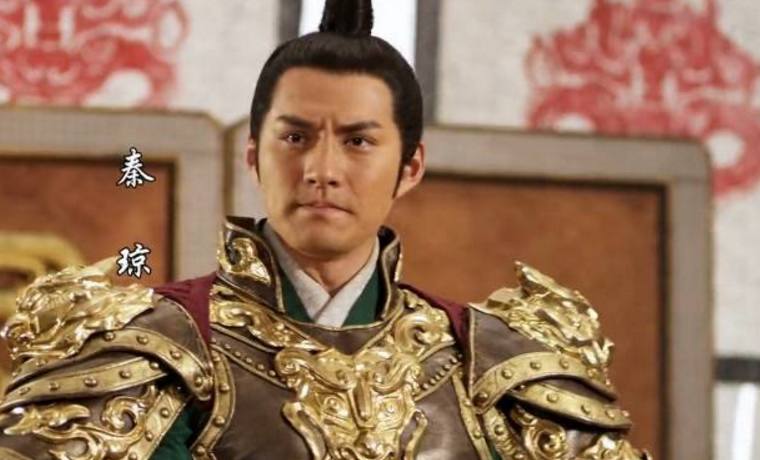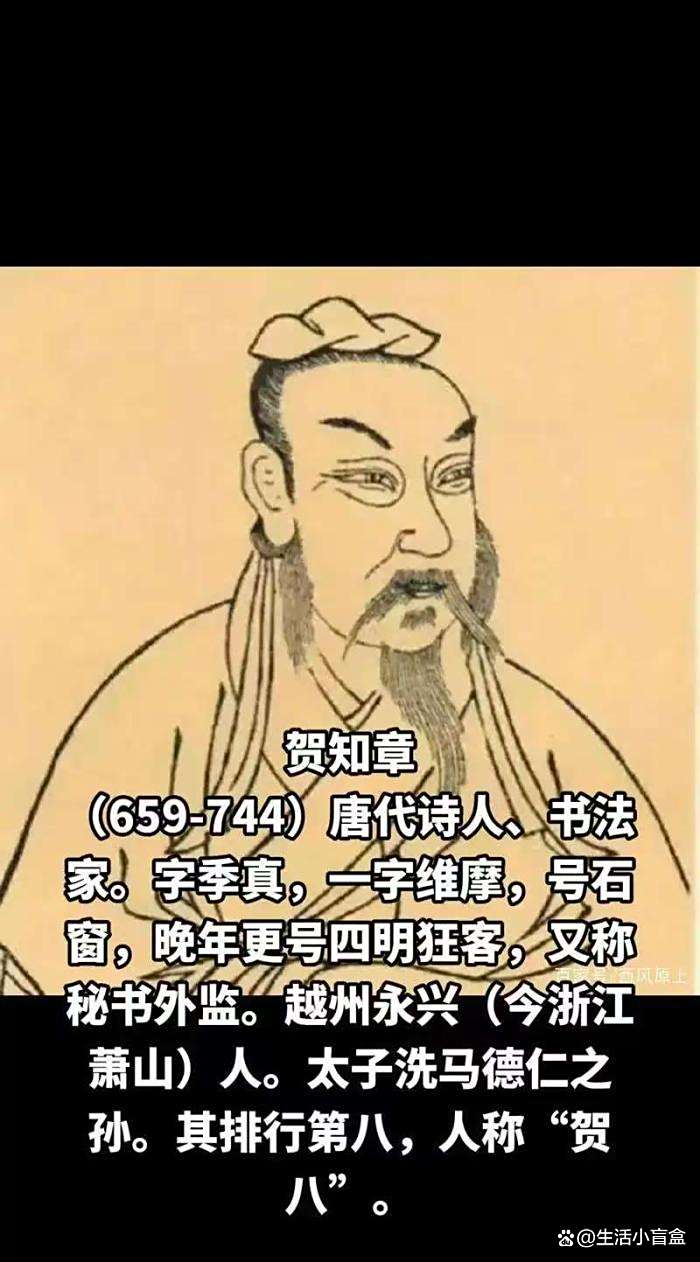Having read three hundred Tang poems thoroughly, even without the ability to compose poetry, one can recite them. In the shining Tang Dynasty, those literati left us with many classic poems, which embody the sweat and talent of ancient people and have become irreplaceable cultural treasures. Among many poets, Wang Zhihuan is considered a relatively special one. He does not pursue the quantity of poetry, but focuses more on its quality. He only left behind six poems in his lifetime, two of which have been passed down through the ages and are almost universally known. Next, the editor of the History Encyclopedia will bring you the truth about history. Let’s take a look together!

Wang Zhihuan lived in the prosperous Tang Dynasty and had a personality quite similar to Li Bai. He was bold and free spirited, and had a great love for swordsmanship. It is estimated that his martial arts skills were not bad. In terms of love, Wang Zhihuan was relatively happy. At the age of 35, the county magistrate took the initiative to marry his 18-year-old daughter to him. Moreover, at that time, Wang Zhihuan had already married and had children, and his conditions were not superior, indicating that the county magistrate must have appreciated his talent.
When his friends achieved great success and fame, Wang Zhihuan had no envy, let alone jealousy. Perhaps he had become indifferent to fame and fortune and resigned from his job as a county magistrate. Although he was slightly capricious, he still maintained his chivalrous demeanor. In the following decade, Wang Zhihuan did not look for a new job, but instead focused on cultivating his character at home. He did not indulge in material pleasures or self pity, and although his life was poor, he was free from unnecessary troubles.
The best way to understand the realm of a poet is to study his works. Wang Zhihuan cherishes ink like gold, but with just two poems, he can stand tall among his peers. The first poem is “Ascending the Stork Tower”: “At the end of the day, the Yellow River flows into the sea. If I want to be poor for a thousand miles, I want to climb even higher.” If I remember correctly, this poem has always been a masterpiece in elementary school textbooks. In just twenty words, it is worth a thousand words and gives people a sense of grandeur and magnificence.

For thousands of years, no matter how talented the literati are, after reading this poem, they will be impressed and cannot help but give a thumbs up, their admiration for Wang Zhihuan is unparalleled. The technique of depicting scenery in the first two sentences can be described as exquisite, with both reality and virtuality, movement and stillness, full of endless imagination. Perhaps only he and Li Bai dare to have such broad imagination, while others do not have such realm and courage.
Looking at three or four more sentences, the description of scenery directly leads to emotional expression, which is a very philosophical concept. The artistic conception of “wanting to be poor for a thousand miles, reaching a higher level” is profound. In plain language, it means that only by standing high can one see further. A frog at the bottom of a well can never understand the vast world outside. The “building” here has two meanings. The first layer refers to the Stork Tower, indicating the theme; The second layer implies the ladder of life, so the entire poem has a great reputation and is said to rank among the top in the Tang poetry rankings.
After analyzing “Ascending the Stork Tower”, let’s talk about another classic poem by Wang Zhihuan, which is known as the masterpiece of the Seven Wonders, “Liangzhou Ci”: “The Yellow River is far up among the white clouds, a lonely city with ten thousand mountains. Why should the Qiang flute complain about the willows? The spring breeze does not pass through Yumen Pass.” This poem needs no more words. Although many ancient poets wrote poems under the name of “Liangzhou Ci”, no one can surpass Wang Zhihuan.
In this poem, Wang Zhihuan’s style remains unchanged, starting with “Yellow River” and “White Clouds”, followed by the description of a lonely city outside the Great Wall and a high mountain. Although the word “resentment” in the third sentence shows the author’s sorrow for the war, he did not always immerse himself in sadness, but instead thought of the importance of soldiers guarding the border. Poetry and prose are not abundant, but exquisite. Although Wang Zhihuan’s works are very few, they can all be called classics, not lacking in being a top poet. The source network copyright belongs to the original author


